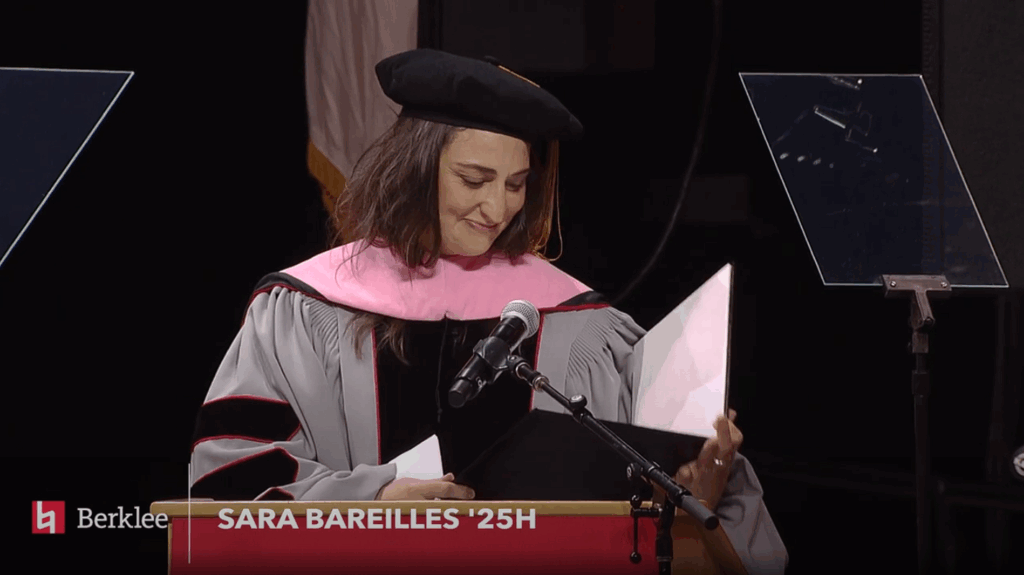Improv is now a subject in MBAs, a way to improve field service, scientific endeavour, team work in hospitals and more.
Here are some links:
- improve your business
- improve your listening
- improv and clinical trials
- boost creativity
- learn better
- better workplace relationships
This podcast with Kelly Leonard from Second City’s corporate arm has some lovely insights about what improvising can do for you. He points out:
We look for North Stars because we need them. Improv provides a North Star for dealing with uncertainty. It doesn’t negate uncertainty.
We all need to be right. Our default to say no. Improv gives you skills and processes to see all obstacles as gifts. It’s a pro-social way of navigating the world
Improv is one of the rare times that you can mindfully linger inside a mistake
Improv gives you ways to get to the truth through dissent (the exercise Thank you… because)
Everyone needs to understand that they are terrible at listening
We long to be seen as we see ourselves
We are fraught with anxiety in the moments before [an issue] but not in the moment itself
All [improv] is is human being practice: listening, looking in the eye, being present, collaborating in a big group: it’s practice, and that doesn’t mean a ropes course once a year
Improv is yoga for your social skills: it’s an art form and a practice to help people make better choices.
We’re not as strong as the weakest member of our [group]. We’re as strong as our ability to compensate for the weakest member
replace blame with curiosity (what if they’re just curious?)
One interesting idea: at Second City they created a taboo day: asked writers and directors and players to bring scenes that they thought would never make it to the stage for whatever reason (budget, propriety, risque, dumb). They implemented many of them in different forms. He suggests that companies try a “what’s your bad idea?” day to see what people are editing out of their ideas and discover what things could be fixed.
Then this post suggests that the purpose of memorisation was so people could improvise better.





